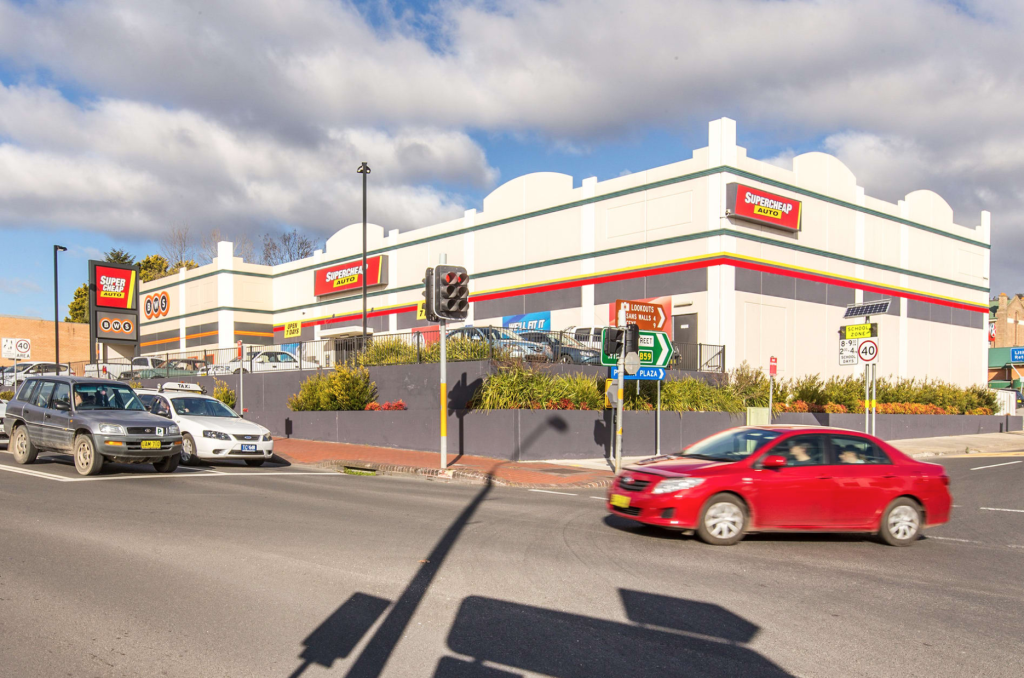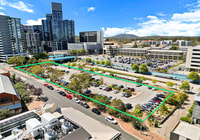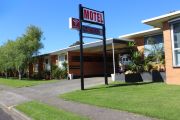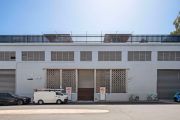
Buyers of commercial property out in force at Burgess Rawson's first Sydney auction of 2020
Buyers have snapped up eight out of 10 commercial properties at the first Burgess Rawson Sydney portfolio auction of 2020.
The highest-priced property to sell on Thursday was a retail asset in Lithgow leased to Supercheap Auto and BWS. It fetched $4.08 million, on a 6.05 per cent yield, and attracted bids from both Sydney and Melbourne.
The sole childcare centre in the line-up – a property in Kelso, near Bathurst, leased to G8 Education – sold for $2.01 million on a 6.4 per cent yield.
Following the devastating bushfires in January, the auction held positive signs for the NSW south coast market, with a group of shops in the tiny coastal village of Broulee – 20 minutes south of Batemans Bay – selling for $1.025 million on a yield of 10 per cent.
Agent Kieran Bourke said that the listing had received 101 inquiries, 11 contract requests and three bidders at auction.
“The south coast location was the main driver for inquiry, [along with] the affordability of the asset and there was a lot of nostalgia for this little long-established neighbourhood village, as many people know it from when they holiday in Broulee,” he said.
Other sales on the day included a restaurant in Rozelle, which fetched $2.05 million on a 6.75 per cent yield, and an IGA-occupied property in Brisbane’s Burpengary that sold for $2.3 million on a 7.69 per cent yield.
The cheapest sale of the day was a Gelatissimo ice cream shop in Coolangatta that sold for $796,000, on a 6.55 per cent yield.
Burgess Rawson director Dean Venturato had predicted earlier this week that commercial real estate’s relative “safe haven” status compared to the sharemarket would contribute to a strong result at the Sydney auction.
He told Commercial Real Estate that alternatives to commercial property were either “low return or high risk” and that looming global threats such as coronavirus would probably exacerbate this.
“The sharemarket is at an all-time high, which traditionally means a big correction is around the corner. Add to that the fact that interest rates are at an all-time low and money in the bank isn’t really achieving any returns,” he said.










